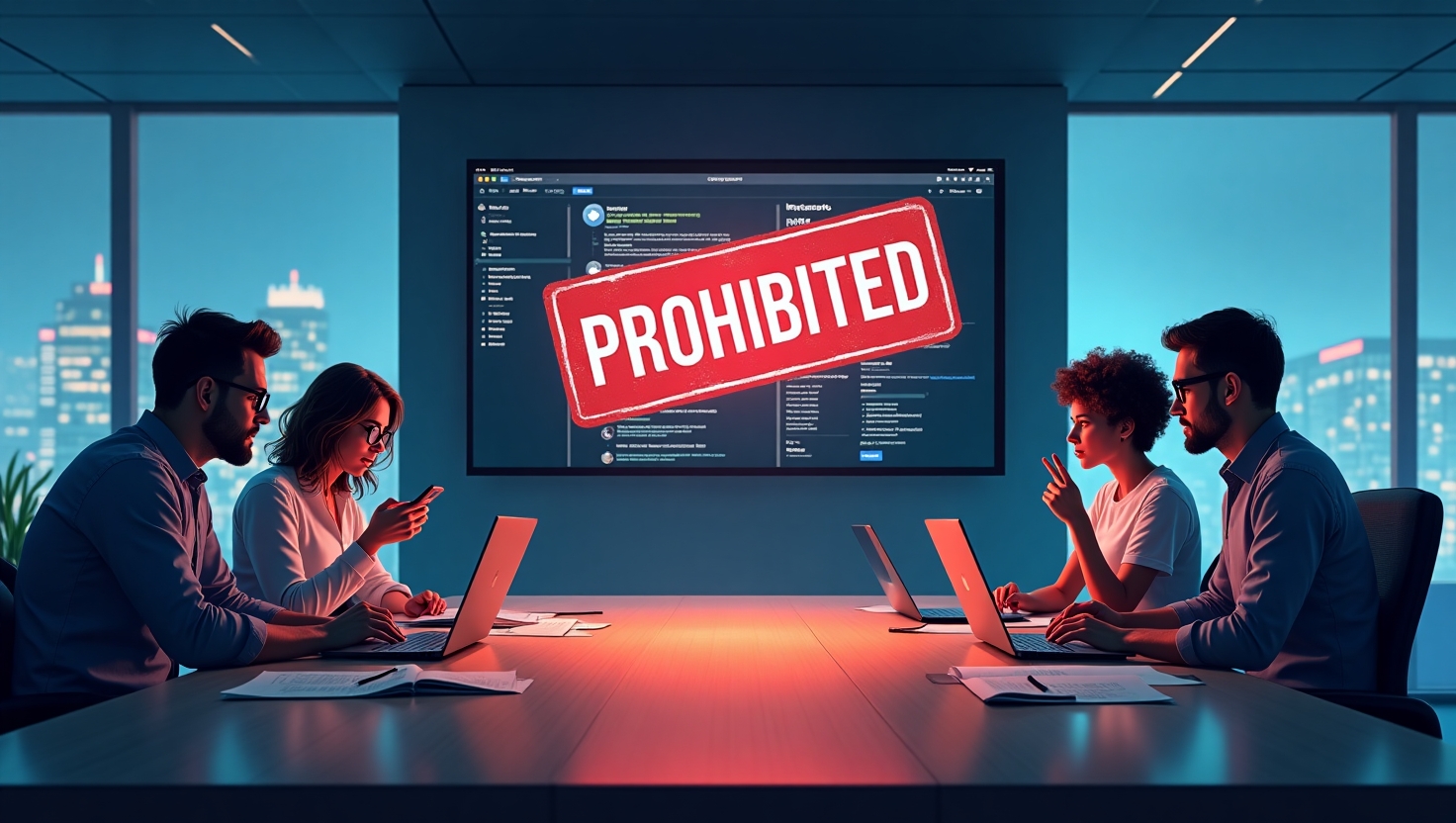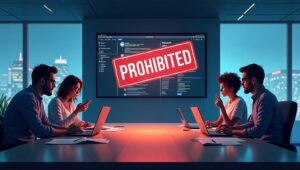Thomson Reuters has achieved a significant victory in its copyright infringement case against Ross Intelligence. On Tuesday, Judge Stephanos Bibas of the US District Court for Delaware issued a partial summary judgment favoring Thomson Reuters, which filed the lawsuit in 2020.
This case is crucial as it addresses the legality of artificial intelligence tools and their training methods, particularly when they use copyrighted data without permission. The ruling comes amid similar lawsuits against major AI companies like OpenAI and Microsoft, which also hinge on whether these AI systems can assert a “fair use” defense for copyrighted materials.
In a statement, Thomson Reuters expressed satisfaction with the court’s decision, emphasizing that its Westlaw content, curated by attorney editors, is protected by copyright and cannot be used without consent.
The judge clarified that this case involves “non-generative” AI, distinguishing it from generative AI tools like large language models. Ross Intelligence, which ceased operations in 2021, labeled the lawsuit as “spurious,” claiming it struggled to secure funding while embroiled in legal disputes.
Judge Bibas firmly rejected all of Ross’s defenses against the copyright infringement claims, stating that Ross’s use of Thomson Reuters’ copyrighted material negatively impacted the market value of the original work by creating a direct competitor.
Thomson Reuters’ lawsuit centered on Ross’s use of its Westlaw search engine, which combines non-copyrightable content, such as legal decisions, with its proprietary editorial content, including headnotes that summarize legal points. These features make Westlaw a valuable resource for legal professionals.
In their defense, Ross attempted to argue that the Westlaw data was merely “added noise” and that their AI tool focused on extracting legal answers directly. This ruling not only sets a precedent for future AI-related copyright cases but also raises important questions about the use of copyrighted content in AI training.













